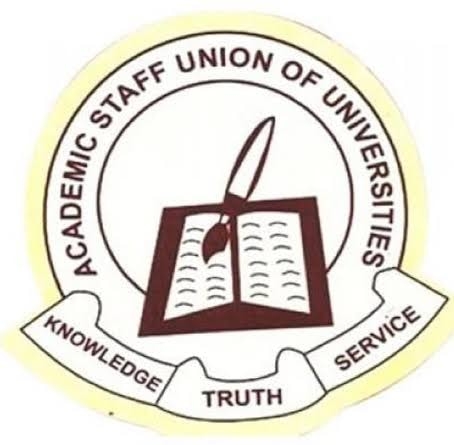The Academic Staff Union of Universities (ASUU) has expressed deep concern over what it termed the “gradual collapse” of Nigeria’s public university system, revealing that at least 309 professors have left the country since the union’s last industrial action.
The revelation was made during a town hall meeting organised by the ASUU branch of Usmanu Danfodiyo University, Sokoto (UDUS), at the institution’s City Campus on Saturday. The meeting brought together academics, students, civil society groups, and media representatives to discuss the deteriorating state of higher education in Nigeria.
Speaking at the event, ASUU Zonal Coordinator for Sokoto, Kebbi, Zamfara, and Katsina States, Professor Abubakar Sabo, said that poor welfare conditions, unpaid entitlements, and the Federal Government’s insincerity had forced hundreds of senior academics to leave for better opportunities both within and outside the country.
“From the last action we had until now, we lost about 309 professors who left the public universities—some to private institutions in Nigeria, and others to countries like the UK, Saudi Arabia, Cameroon, and beyond,” he lamented. “Our intellectual strength has been drained because the conditions of service can no longer sustain serious academics in the public system.”
Professor Sabo criticised the government’s handling of university funding, describing it as “deceptive and frustrating.” He noted that despite the submission of the Yayale Ahmed Committee report since January 2025, no significant action has been taken to address the issues raised.
“The committee submitted its report months ago, yet nothing has been done. When we gave a two-week ultimatum, the government responded by inviting other unions, including those from polytechnics and colleges of education, just to complicate the process,” he added.
According to Sabo, ASUU’s major demands include increased funding for public universities, respect for institutional autonomy, payment of earned academic allowances, and the implementation of previously signed agreements—all aimed at reversing the ongoing brain drain in the education sector.
In his opening remarks, ASUU-UDUS Chairperson, Professor Muhammad Nurudeen Almustapha, said the town hall meeting was organised to raise public awareness about the worsening state of Nigerian universities.
He noted that ASUU’s reputation for frequent strikes stems from the government’s consistent failure to honour agreements, describing the pattern as “a cycle of broken promises and dashed hopes.”
“Over the years, ASUU has become synonymous with strikes and closures, not by choice, but because every agreement signed with the government ends up being neglected until another crisis emerges,” Almustapha said.
Participants at the meeting—including members of academia, civil society organisations, student unions, and traditional institutions—expressed concern that Nigeria’s public universities could soon lose their relevance if urgent reforms are not implemented.
Professor Sabo, while warning that ASUU may have no option but to take further action, stressed that the union’s goal remains to protect and revive the nation’s public universities.
“We have been patient long enough,” he said firmly. “Our duty is to safeguard public universities from total collapse. If the government continues to ignore our plight, we will not stand idly by while the system crumbles.”





